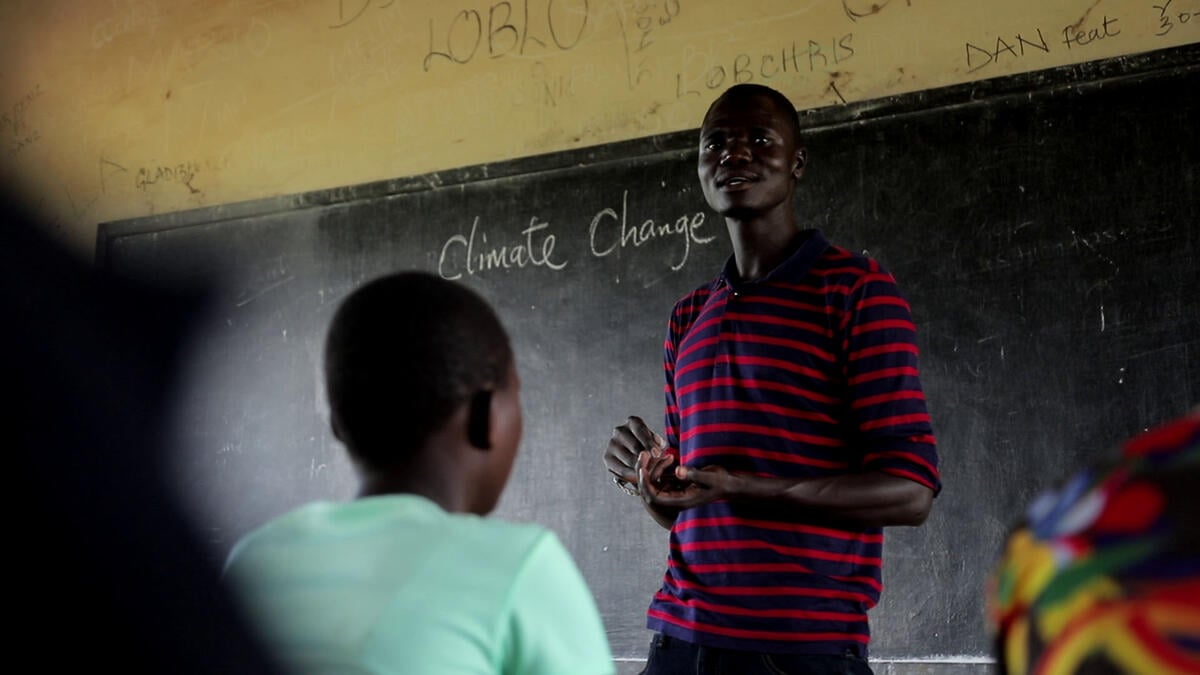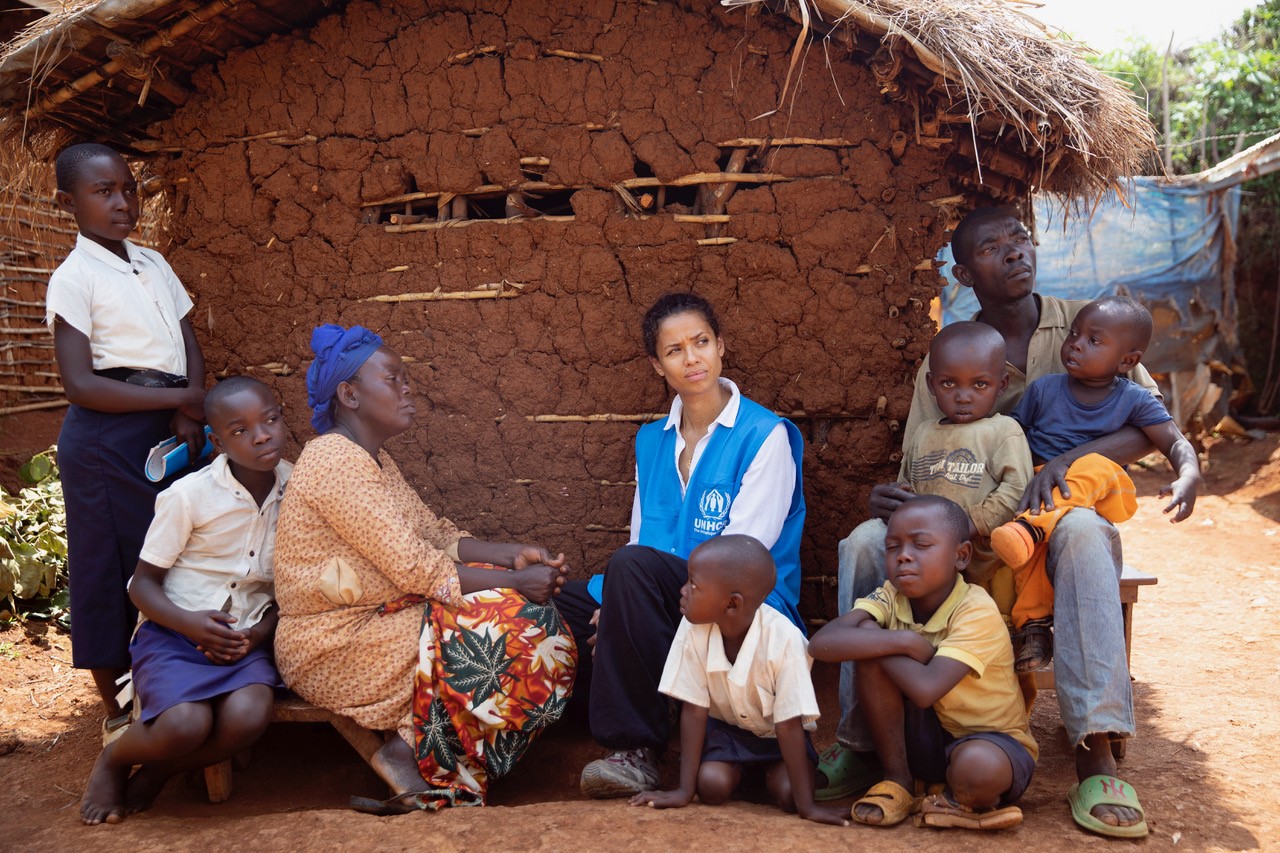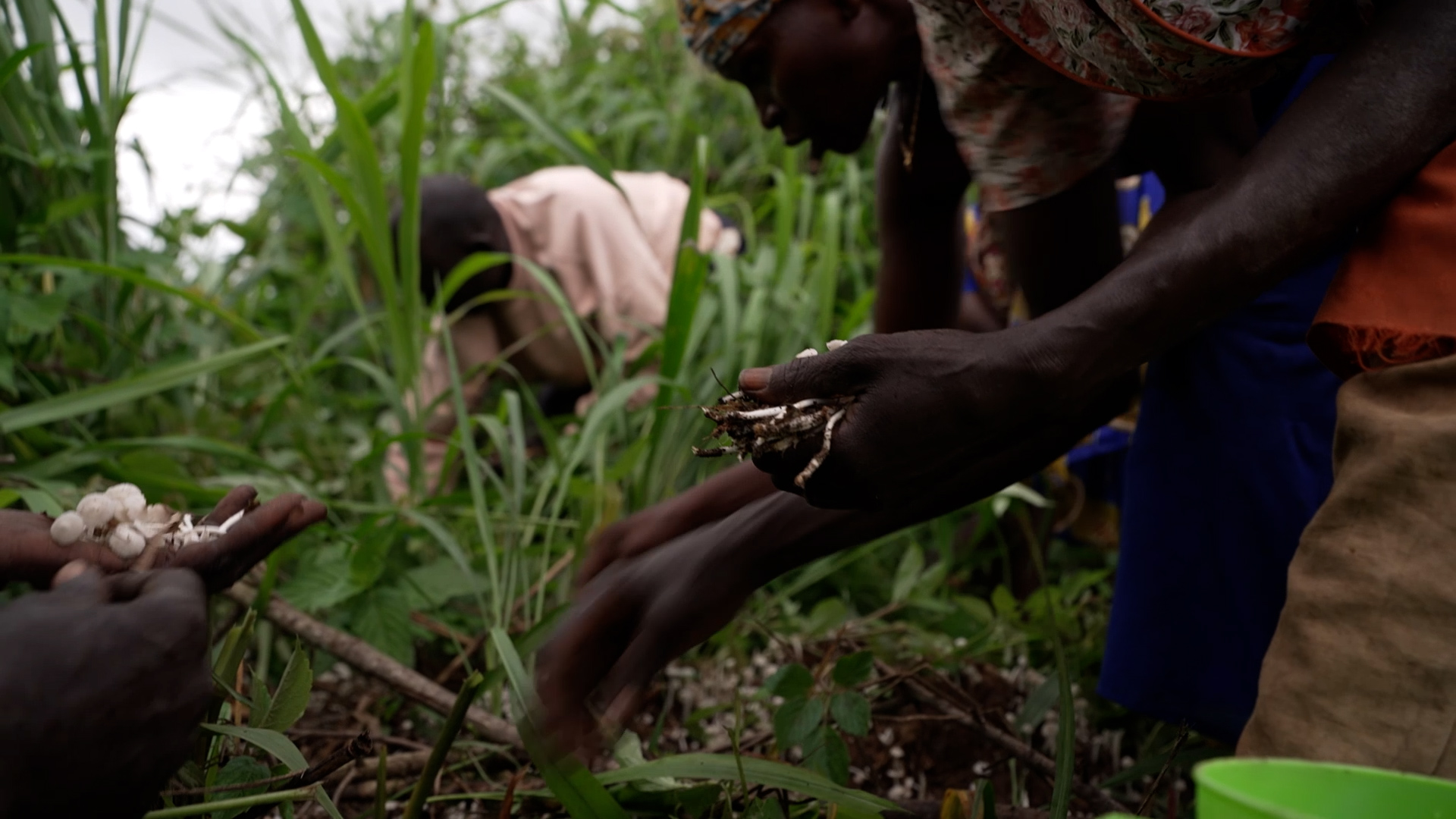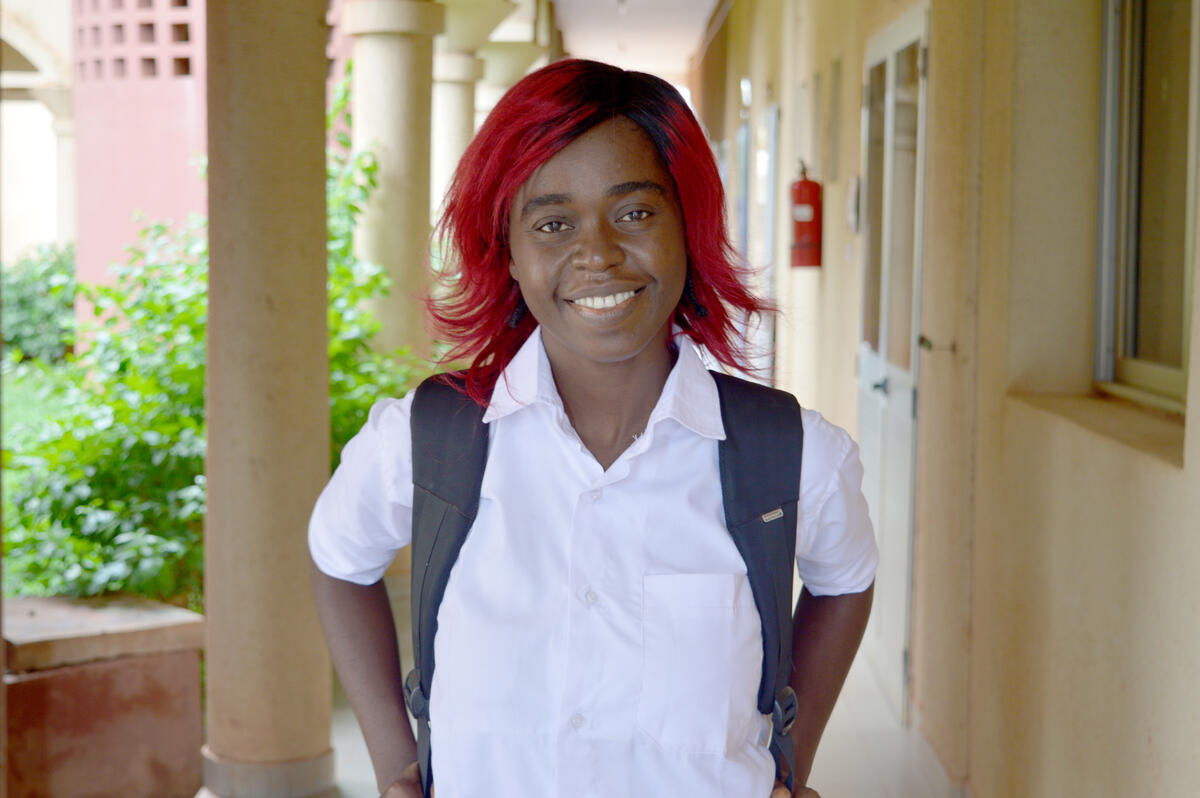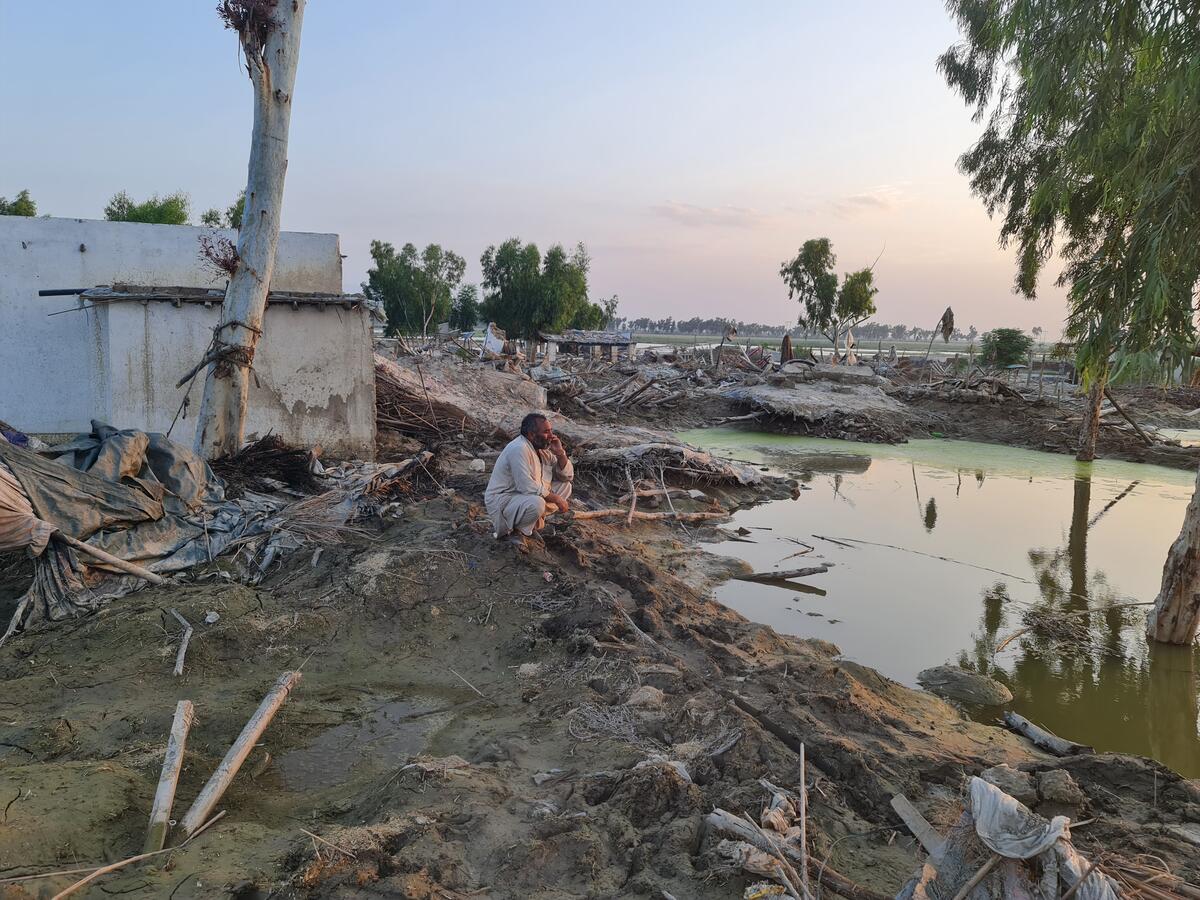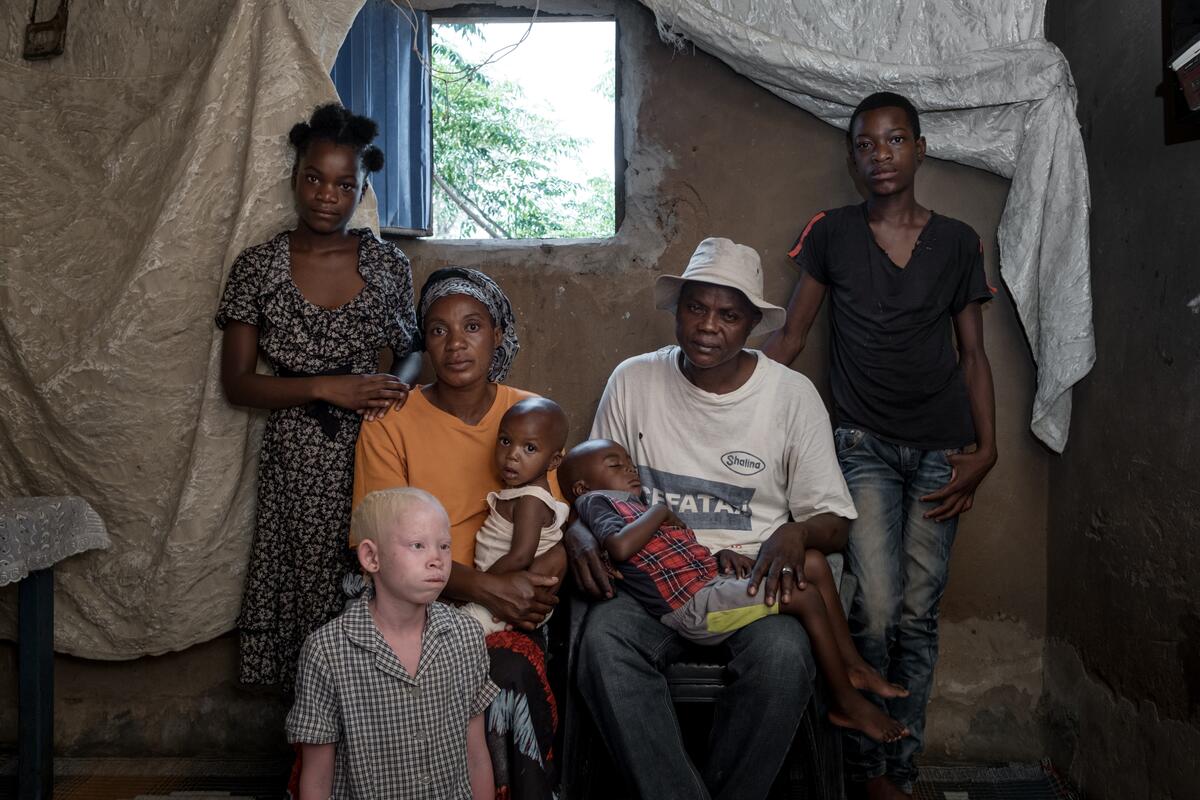Congolese refugees perish as growing numbers seek safety in Uganda
Congolese refugees perish as growing numbers seek safety in Uganda
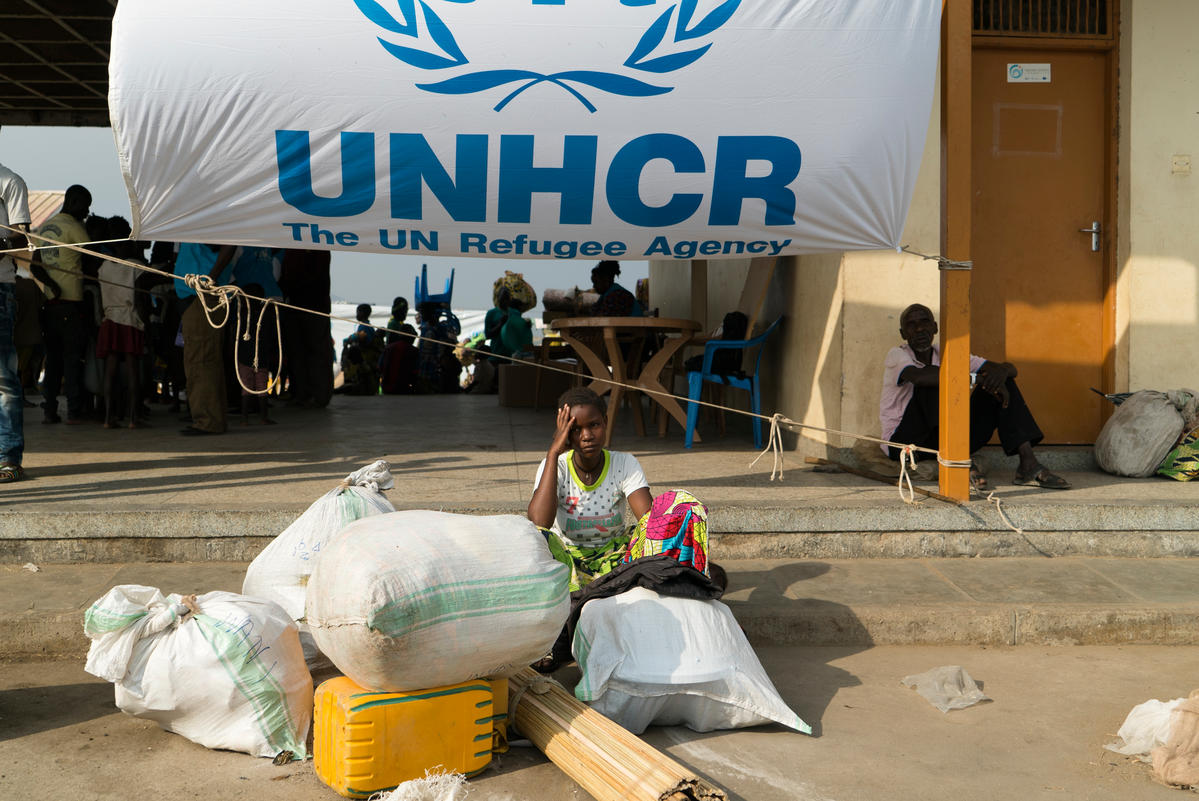
UNHCR, the UN Refugee Agency, is deeply saddened by reports of four Congolese refugees who drowned as they were seeking safety in Uganda, after their boat capsized on Lake Albert.
UNHCR warns that even more lives could be lost on the often perilous lake routes, as increasing numbers of refugees escape intercommunal violence and conflict, across the eastern regions of the Democratic Republic of the Congo (DRC).
Last week, over 22,000 Congolese crossed Lake Albert to Uganda, bringing the total number of DRC arrivals in the country to about 34,000 since the beginning of the year. The refugees either use small canoes or overcrowded and rickety fishing boats, often carrying more than 250 people and taking up to ten hours to cross.
Overloaded with luggage and fishing nets, the small canoe, which was carrying the four refugees who drowned on 11 February, had paddled for nearly two days when it was hit by high waves, causing the passengers to fall overboard. UNHCR staff report several other incidents of boats going adrift due to engine failure or insufficient fuel, prompting rescue operations by the Ugandan authorities.
Meanwhile, on 7 February, UNHCR partners recorded two more deaths at the DRC shores of Lake Albert, where thousands of people are waiting to cross, as some wrangled to get onto the boats. With attacks on villages in the DRC province of Ituri continuing over the weekend, UNHCR calls for increased humanitarian access to the area, to cover the population’s enormous protection and assistance needs.
Refugees crossing to Uganda talk of growing attacks against civilian populations, as well as killings and destruction of private property. UNHCR staff also received many reports of civilians being hacked to death and killed with arrows. Last week, an elderly man died from exhaustion upon arrival in Uganda and a newborn did not survive complications during its birth. In addition to the port of Sebagoro, a small fishing village in the northern side of Lake Albert, refugees also have arrived in their hundreds in Canara, a new landing site on the southern end of Lake Albert.
UNHCR works with the Ugandan authorities for the registration and the relocation of the new arrivals to settlements further inland. However, more support is needed to face the demanding situation. Among the critical priorities is the preparation of new settlement areas, together with psycho-social interventions to help refugees overcome their trauma.
Meanwhile, crossings through Lake Tanganyika towards Burundi and Tanzania declined significantly last week, currently reaching some 8,000 and 1,200 respectively. Army advances against the armed groups inside DRC, as well as a dwindling supply of readily available fishing boats and canoes, may have contributed to the drop in new arrivals. However, UNHCR is afraid that flows could soon pick up again, given the unpredictable and volatile nature of the conflict.
Over the past year, some 120,000 Congolese fled to neighboring countries, joining the 510,000 refugees that were already in exile. With Congolese refugee flows to neighboring countries expected to further increase in 2018, UNHCR is urging donors to step up their support. From the US$368.7 million that UNHCR has requested for the DRC refugee situation, only 1 per cent has been funded so far.
For more information on this topic, please contact:
- In DRC, Andreas Kirchhof, kirchhof@unhcr.org, +243 81 700 9484
- In Uganda, Teresa Ungaro, ongaro@unhcr.org, +254 735 337 608
- In Geneva, Aikaterini Kitidi, kitidi@unhcr.org, +41 79 580 8334


